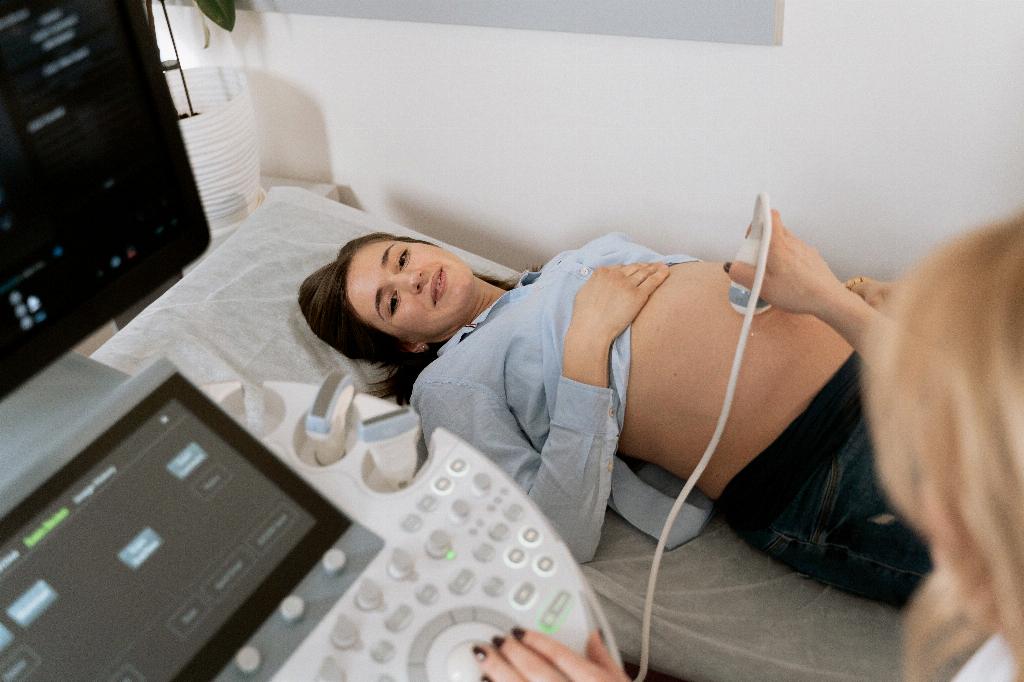When it comes to the question of whether ovulation indicates pregnancy, the answer is not as straightforward as one might think. Ovulation, which is the release of an egg from the ovary, is a crucial part of the menstrual cycle and an essential factor for conception to occur. However, just because ovulation has taken place does not necessarily mean that pregnancy has been achieved.
The Role of Ovulation in Conception
Ovulation is a key process in the female reproductive system, as it marks the fertile window during which a woman is most likely to conceive. When an egg is released from the ovary, it travels down the fallopian tube, where it can potentially be fertilized by sperm. If fertilization occurs, the egg implants in the uterus, leading to pregnancy.
Distinguishing Ovulation from Pregnancy
While ovulation is necessary for pregnancy to happen, the presence of ovulation does not guarantee pregnancy. Ovulation tests, which detect the surge of luteinizing hormone (LH) that precedes ovulation, are often used by women to determine the most fertile days of their cycle. However, these tests are not designed to confirm pregnancy.
Challenges of Using Ovulation Tests for Pregnancy
One of the main reasons why ovulation tests should not be used to indicate pregnancy is their sensitivity levels. Ovulation tests are typically less sensitive than pregnancy tests, with higher levels of the hormone needed to yield a positive result. This means that a positive ovulation test does not necessarily translate to a positive pregnancy test.
The Complexity of Hormones in Pregnancy
Another factor to consider is the similarity between the hormones detected by ovulation tests and pregnancy tests. Both tests rely on the detection of certain hormones in the body, such as LH (luteinizing hormone) and hCG (human chorionic gonadotropin). Therefore, it can be challenging to differentiate between a surge in LH due to ovulation and an increase in hCG indicative of pregnancy.
Importance of Confirming Pregnancy with Proper Tests
When trying to determine if you are pregnant, it is crucial to use the appropriate tools for confirmation. While ovulation tests can be helpful in identifying fertile days, they are not reliable indicators of pregnancy. For accurate results, it is recommended to use a pregnancy test designed specifically for detecting hCG in urine or blood.
Seeking Medical Advice for Pregnancy Confirmation
If you suspect that you may be pregnant, it is best to consult with a healthcare provider for confirmation. Medical professionals can perform a variety of tests to accurately determine if pregnancy has been achieved, providing you with the clarity and guidance needed during this crucial time.
Understanding the Limitations of Ovulation Tests
It is essential to recognize that while ovulation tests can assist in predicting fertile days and optimizing the chances of conception, they are not diagnostic tools for pregnancy. Relying solely on ovulation tests to confirm pregnancy can lead to confusion and misunderstandings about the actual state of your reproductive health.
Considering Alternative Methods for Pregnancy Confirmation
In addition to pregnancy tests, other methods such as ultrasound scans and blood tests can provide more definitive results regarding pregnancy. These diagnostic tools offer a comprehensive assessment of reproductive health and can confirm pregnancy with greater accuracy than ovulation tests alone.
Conclusion: Ovulation and Pregnancy are Distinct Processes
In conclusion, while ovulation is a critical step in the process of conception, it does not serve as a definitive indicator of pregnancy. The presence of ovulation does not guarantee pregnancy, and relying on ovulation tests to confirm pregnancy can lead to misconceptions. For accurate confirmation of pregnancy, it is advisable to use dedicated pregnancy tests and consult healthcare professionals for further guidance.

